Recently, social media platforms, have been increasingly used as a means of bringing to light pervasive issues, including sexual violence. Global movements such as #MeToo and #BeenRapedNeverReported, and in Nigeria, #ArewaMeToo, have offered a platform for survivors to share their experiences, thereby challenging societal norms and fostering conversations that have brought these harrowing experiences to the forefront. Despite the rise of online activism or, more specifically, a ‘digitized narrative,’ a significant barrier continues to exist in the disclosure of sexual violence: public scepticism.
Despite extensive research documenting incidents, many cases of girls’ experiences of sexual violence remain concealed due to many factors including violence happening in schools. However, the emergence of social media activism has provided survivors with a platform to share their experiences, with feminist movements such as Chalk Back offering a space for young people to speak out against their harassment. Some scholars conducted interviews with women who participated in the #BeenRapedNeverReported hashtag and found that, although the process of tweeting about their assaults evoked difficult emotions, participants reported receiving significant support from the Twitter community. However, there are also reports of trolling, online abuse, and hate speech being common experiences among girls who share stories online.
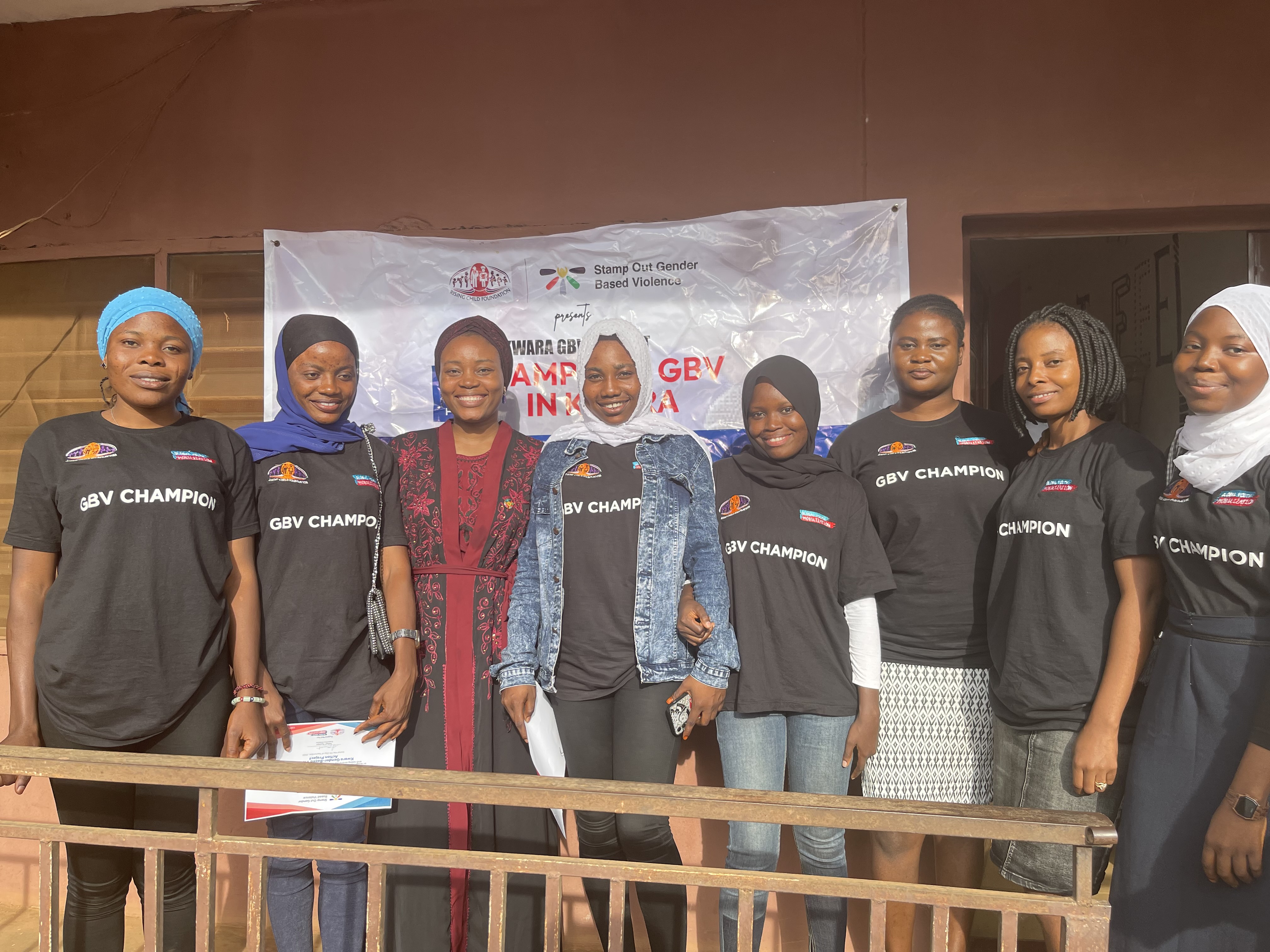
The Rising Child Foundation, a youth-led organization, has been engaged in research and advocacy pertaining to school-related gender-based violence (SRGBV) in Nigerian communities and schools. Evidence gathered from research, anecdotal accounts, and field experience indicates that "sex for grades," where male educators exploit their positions of authority to coerce students into engaging in sexual relationships in exchange for academic favours, is a prevalent experience for girls in Nigerian schools, despite the majority of cases going unreported. The prevalence of "sex for grades," in Nigerian educational settings is a clear manifestation of SRGBV. A recent report indicated that one in every three girls will have experienced some form of sexual abuse by the time they reach 25 years of age. Additionally, the Nigerian Demographic and Health Survey conducted in 2018 revealed that 9% of girls aged 15–49 had experienced sexual assault at some point in their lives, with only 32% of these survivors seeking assistance.
This form of violence, which includes sexual harassment and exploitation, is rooted in the gender stereotypes and norms that perpetuate unequal power dynamics and contribute to the normalization of such behavior within educational settings. For instance, male teachers are often in a position of authority, and stereotypes about women being subservient or dependent may pressure girls into compromising situations to navigate the academic system. A tweet about a 17-year-old girl's experience of sexual violence by a male teacher elicited different responses. The reluctance to openly discuss issues related to sex and gender-based violence could contribute to a culture of silence, making it difficult for survivors to come forward. Notably, there is an emerging trend where survivors of sexual violence in Nigeria are increasingly turning to social media platforms, as a means of not only challenging sexual violence, but also giving them a voice and providing them with alternative forms of justice. This trend has been observed particularly in cases where traditional reporting avenues, such as school authorities, have proven ineffective or when the perpetrator holds a position of authority or influence. In these cases, survivors have taken Twitter to share their experiences and hold the perpetrators accountable.
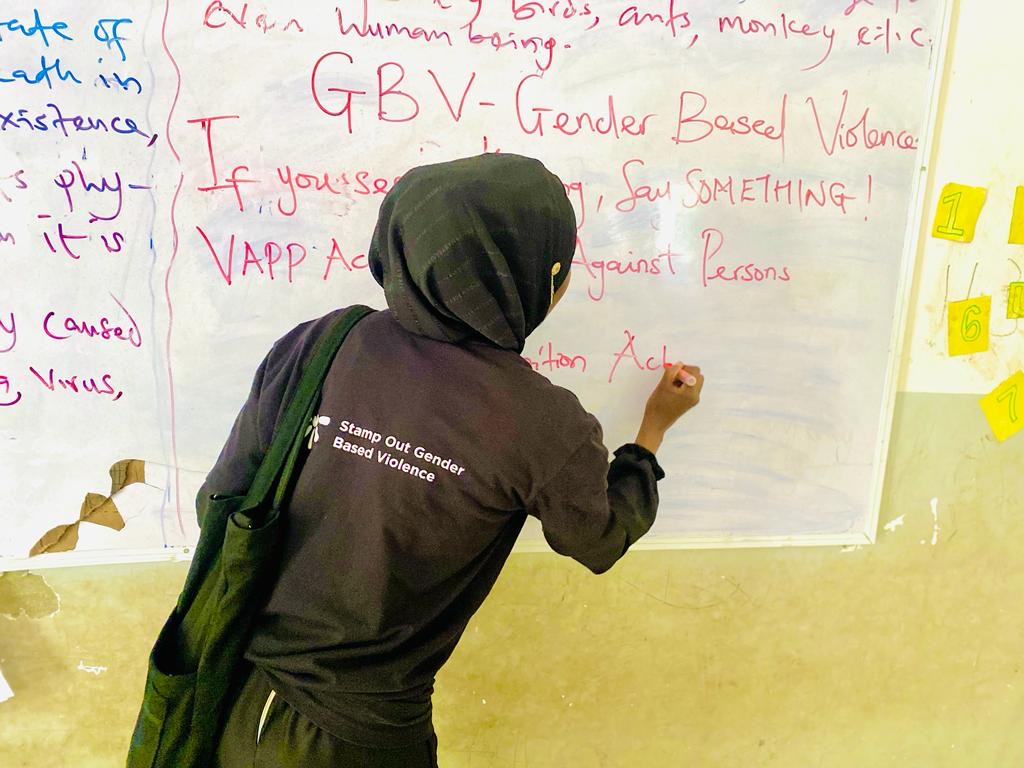 The role of gender norms and expectations in perpetuating and reinforcing SRGBV is paramount. Entrenched gender stereotypes may result in skepticism and disbelief when survivors come forward, as these stereotypes shape societal perceptions of appropriate behavior and may lead to victim-blaming attitudes. Harmful gender norms and stereotypes perpetuate public skepticism by creating a culture of silence and victim-blaming. Survivors of "sex for grades" may fear reporting the abuse due to societal attitudes that blame and shame survivors, as well as the perception that speaking out may have negative repercussions on their academic standing. Moreover, this negative perception perpetuates a cycle of underreporting, thereby allowing SRGBV to persist in educational settings. The situation becomes more complicated when educational institutions fail to respond to reports of sexual violence against girl in school. Despite mustering the courage to report incidents, survivors may witness a dearth of disciplinary action and subsequent dismissal of cases. Institutional backing that sometimes protects perpetrators could create an environment in which survivors feel unsupported and unheard.
The role of gender norms and expectations in perpetuating and reinforcing SRGBV is paramount. Entrenched gender stereotypes may result in skepticism and disbelief when survivors come forward, as these stereotypes shape societal perceptions of appropriate behavior and may lead to victim-blaming attitudes. Harmful gender norms and stereotypes perpetuate public skepticism by creating a culture of silence and victim-blaming. Survivors of "sex for grades" may fear reporting the abuse due to societal attitudes that blame and shame survivors, as well as the perception that speaking out may have negative repercussions on their academic standing. Moreover, this negative perception perpetuates a cycle of underreporting, thereby allowing SRGBV to persist in educational settings. The situation becomes more complicated when educational institutions fail to respond to reports of sexual violence against girl in school. Despite mustering the courage to report incidents, survivors may witness a dearth of disciplinary action and subsequent dismissal of cases. Institutional backing that sometimes protects perpetrators could create an environment in which survivors feel unsupported and unheard.
The Way Forward
In order to effectively address SRGBV, innovative interventions that target its root causes are necessary. The Global Guidance on Addressing School-Related Gender-Based Violence serves as a crucial starting point, providing valuable resources that policymakers should utilize and adapt to suit their local contexts. Here are our recommendations:
- To challenge and shift harmful gender norms and stereotypes, it is essential for policymakers to allocate resources and engage in offline and online community mobilization efforts that meaningfully involve all genders and ages, in discussions and activities related to SRGBV. These efforts can help raise awareness and break the silence surrounding this issue, ultimately challenging and shifting social norms that promote or tolerate violence.
- Collaborative efforts by education institutions should be taken to prevent violence in schools and create a supportive environment where survivors can come forward without fear of retaliation.
- Every allegation must be taken seriously with dedication to justice and fairness. It is essential to move beyond addressing the individual acts of SRGBV and invest in interventions that reshape social norms and public perception.
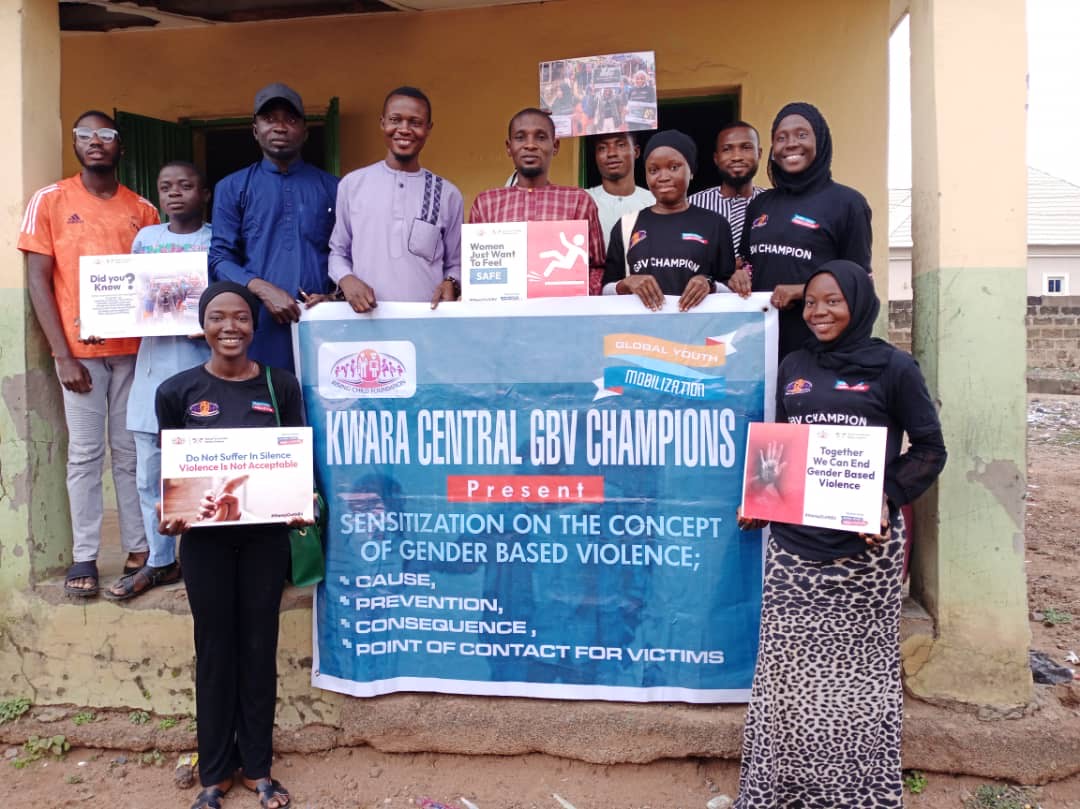
This is a call to action, urging collective investment in transformative interventions that challenge and reshape societal norms, ultimately stopping the pervasive issue of SRGBV.
As we unite against gender-based violence in educational institutions, we must recognize that investing in interventions to address individual acts of SRGBV is insufficient. The focus must extend to innovative interventions that reshape social norms and public perceptions-online and offline, fostering a safer and more equitable society. The journey toward a safe online environment and a secure learning environment begins with a collective commitment to change and sustained investment to challenge the deeply ingrained norms that perpetuate violence.
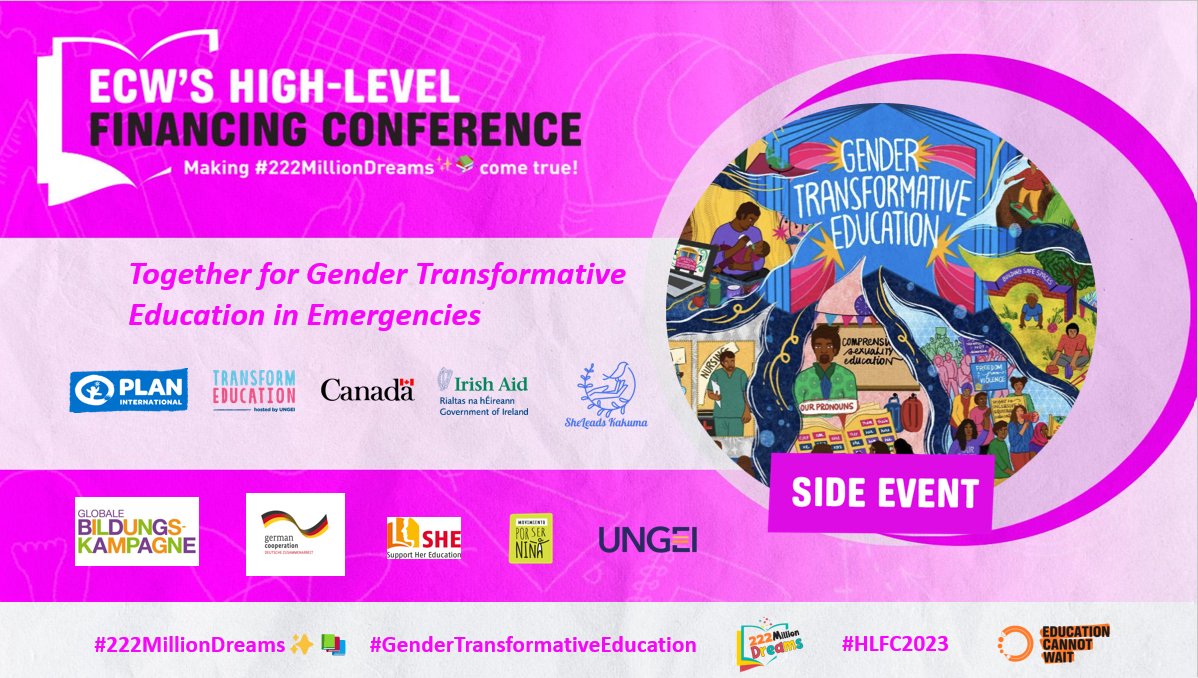
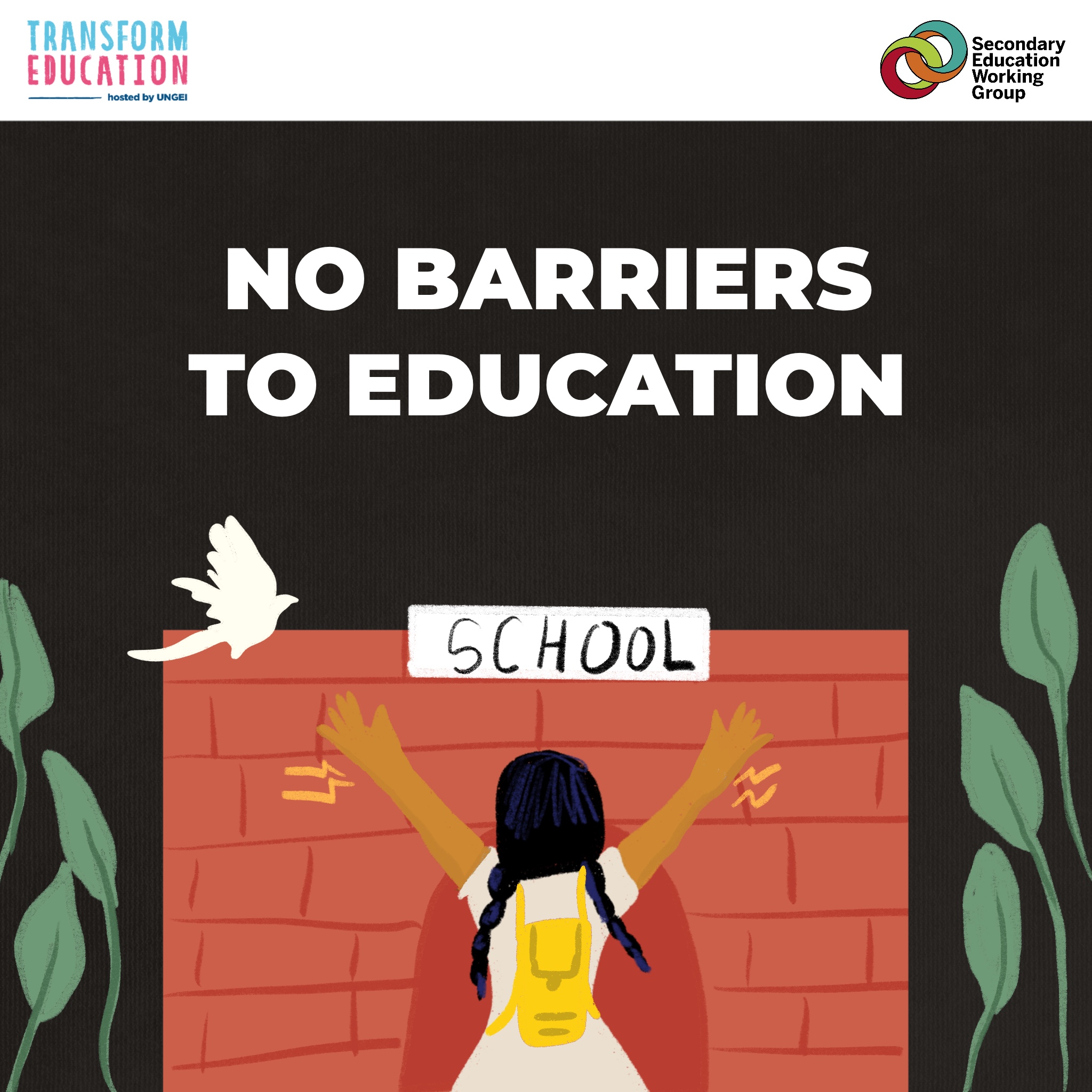
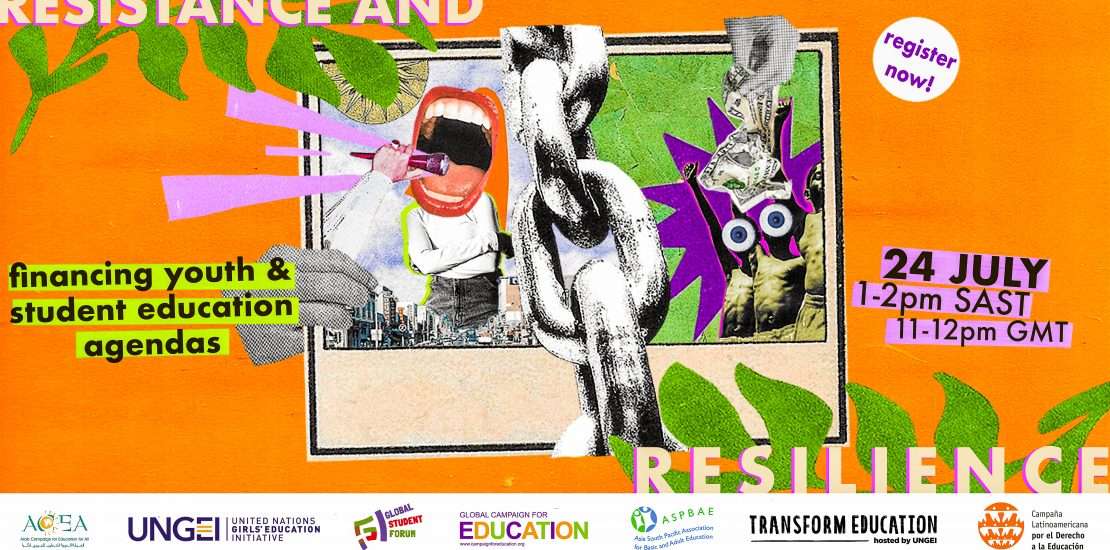
 English
English العربية
العربية Български
Български Hrvatski
Hrvatski Čeština
Čeština Dansk
Dansk Nederlands
Nederlands Suomi
Suomi Français
Français Deutsch
Deutsch Ελληνικά
Ελληνικά हिन्दी
हिन्दी Italiano
Italiano Română
Română Русский
Русский Español
Español Maltese
Maltese Zulu
Zulu አማርኛ
አማርኛ